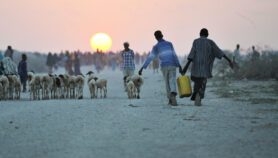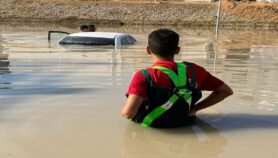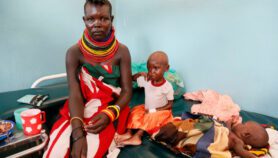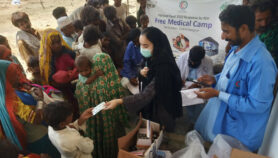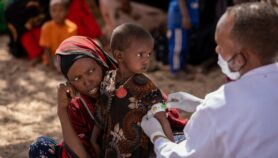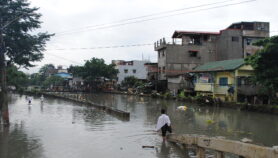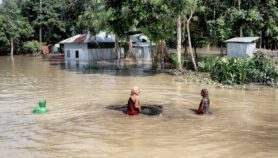By: Ana Belluscio
Send to a friend
The details you provide on this page will not be used to send unsolicited email, and will not be sold to a 3rd party. See privacy policy.
[BUENOS AIRES] Members of university medical teams who provided emergency aid in Haiti in the wake of the 2010 earthquake say they could have been more effective if they had been partnered, on arrival, with local nongovernmental organisations (NGOs).
The academics have described their experiences in the journal Disasters (22 February), with a view to making recommendations to the broader academic and NGO communities.
Babak Sarani, lead author and director of Trauma and Acute Care Surgery at George Washington University in the United States, arrived in Haiti shortly after the earthquake.
"We had people, equipment, we had everything. We just didn’t have a way to get there [to the disaster area]," he told SciDev.Net.
After two weeks, the team established a relationship with Partners in Health in Haiti, and was immediately able to provide more effective assistance, he said.
The authors said there was a clear benefit to be had from such partnerships.
"NGOs are very good at providing daily medical care," Sarani said.
He said people affected by natural disasters mostly require surgical attention, and that this role could be fulfilled by university medical teams who could provide staff and specialist equipment.
Gabriel Ive, the National Director of Health Emergencies in Argentina, was a member of a group of Argentinian doctors who were among the first to arrive in the city of Léogâne after the earthquake.
The city was without medical care for four days because the local hospital had collapsed.
He said that after a natural disaster, there is usually misinformation on where medical staff are needed.
As well as calling for linkages to be established immediately after a disaster, Sarani said it was possible to pre-emptively establish such relationships.
"Universities that are interested in humanitarian aid should partner with one or two NGOs in a particular region that they would like to help [in the event of a disaster]," he said.
"Then, the university… can respond much more quickly and with more equipment."
References
Disasters doi:10.1111/j.1467-7717.2012.01279.x (2012)





